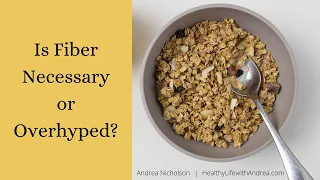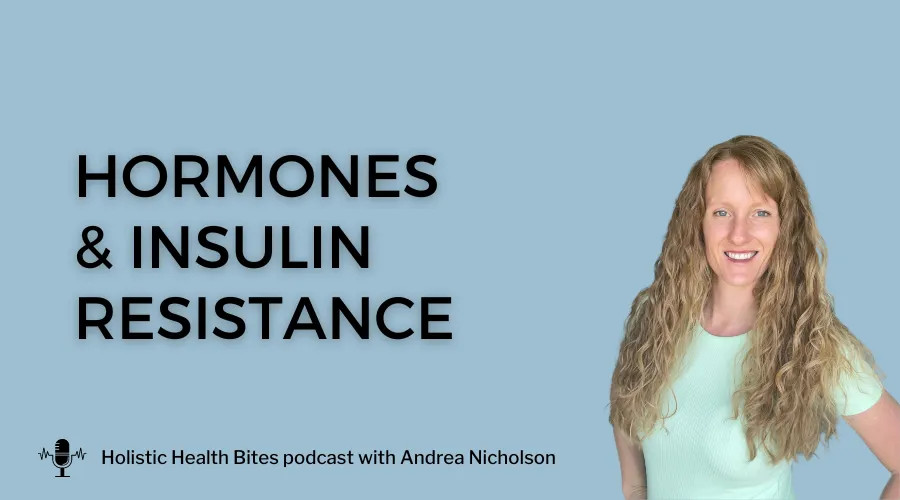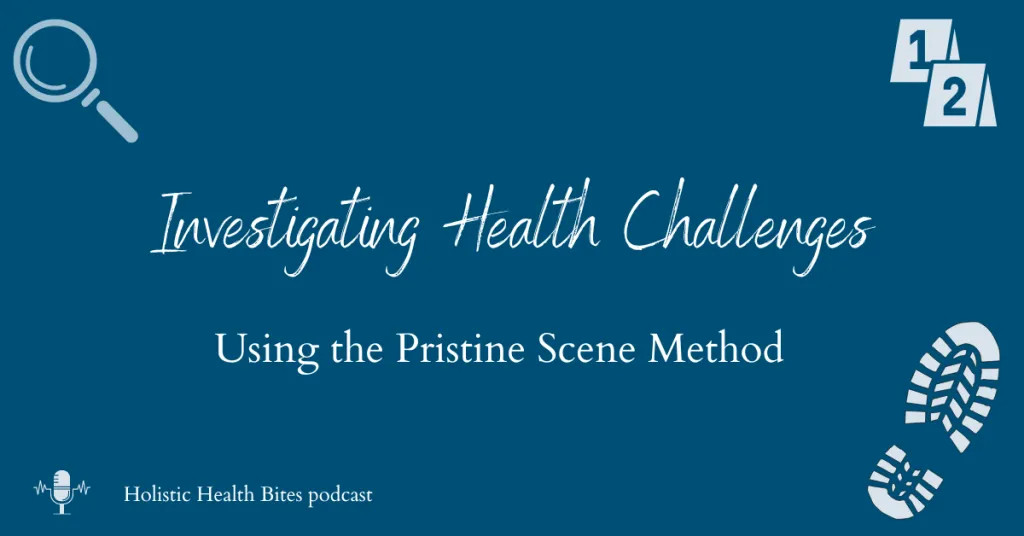
Are Obesogens Causing your Chronic Symptoms?
What Are Obesogens?
Obesogens – are they the reason you struggle to lose weight, feel tired all the time, struggle with chronic pains, and other ongoing mysterious symptoms not matter what you do? These chemical compounds cause far more than just obestiy (like that isn’t bad enough). They’ve been linked to non-alcoholic fatty liver disease, type 2 diabetes, and metabolic syndrome which itself has been linked to insulin resistance, hyperglycemia, stroke, cardiovascular disease, hormone imbalances, reproductive issues, hypertension, and chronic kidney disease (just to name a few).
There are several problems associated with these chemicals. First off, they’re endocrine disruptors. What does that mean? It means they change our hormones. And by hormones, I’m not just referring to estrogen, progesterone and testosterone (although those are all impacted and affect reproductive health, bones, muscles, and so much more). Endocrine disruptors can also impact every hormone in the body – insulin, glucagon, thyroid hormones, cortisol, hunger and satiety hormones and more. We have hundreds of hormones in our bodies that provide critical functions every day.
This disruption in hormones can mean hormone receptors are blocked by hormone mimickers, they can downregulate or upregulate the sensitivity and number of these receptors, and they can lock up necessary nutrients for these hormone pathways to function properly.
These chemicals can also interfere with neurotransmitter function. Neurotransmitters are chemical messengers created to stimulate various actions in the body – some are calming and relaxing, some are stimulating and exciting, some are rewarding and “feel good” chemicals. Without these operating properly you can end up with depression, anxiety, moodiness, anger, brain fog, lack of concentration, poor memory, flat affect, and general feelings of being down.
What are they and what do we do about it?
The liver is the main detoxifying organ in the body and performs most of the removal of these compounds. Reducing toxin intake and taking great care of your liver will go a long way toward helping your body get rid of these toxins, but it’s critical to help the liver by not overburdening it to begin with!
Reducing toxin intake: reducing plastics use on foods and beverages, pesticides, dry cleaning solution, non-stick cookware, stain resistant fabric treatments, flame retardant fabrics and textiles (furniture, mattresses, carpets, drapes), canned good linings, thermal receipt paper, solvents, paints, and food packaging (groceries and restaurants). These compounds can accumulate over time making them more impactful and harder to get rid of over time.
- BPA
- Phthalates
- Parabens
- Perfluorooctanoic acid (PFOA)
- Pesticides (like glyphosate)
- Polycyclic Aromatic Hydrocarbons (PAHs)
- Volatile Organic Compounds (VOCs)
- Persistant Organic Pollutants (POPs)
Taking in great nutrition to support detoxification: antioxidants (critical to the detoxification process to combat free radicals developed throughout the detoxification process), whole food nutrition (critical to provide the required nutrients needed to remove toxins and repair damage done by toxins), and taking care of your critical microbiome (which aids in detoxification and removal of waste products).
Want to learn even more? Check out this review article: https://www.ncbi.nlm.nih.gov/pmc/articles/PMC5365353/





















0 Comments